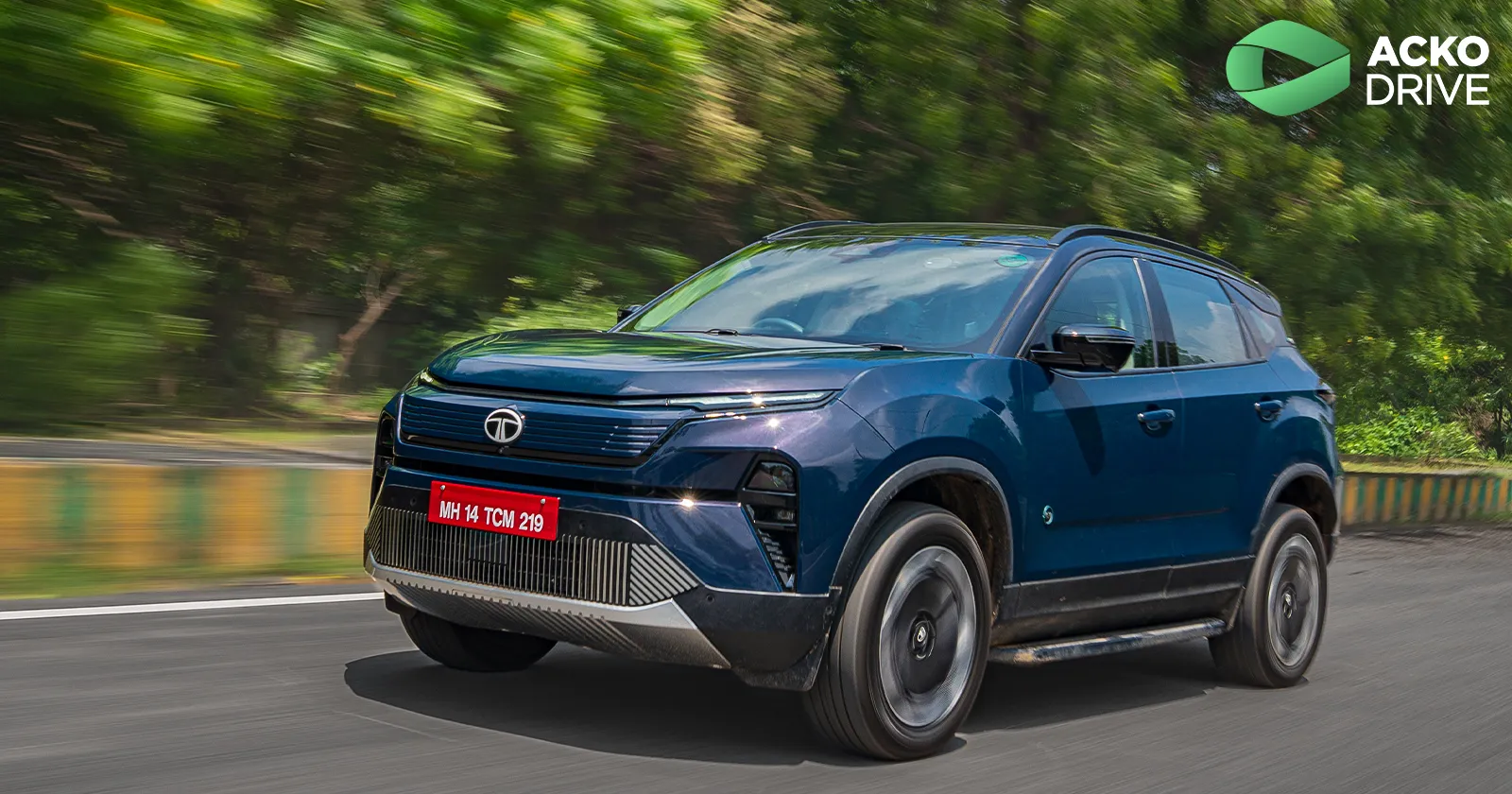
The concessions primarily benefit premium gasoline-powered vehicles exceeding 3,000cc engine capacity and diesel models above 2,500cc displacement.

Share Post

The concessions primarily benefit premium gasoline-powered vehicles exceeding 3,000cc engine capacity and diesel models above 2,500cc displacement.
As part of the new bilateral trade pact, India has opened its automotive market to select UK vehicle imports while protecting its local car manufacturing sector, categorically the small car and affordable electric vehicle (EV) segments.
The move gives luxury car buyers in the country a reason to celebrate as under the free trade agreement (FTA), India will cut tariffs on automotive imports from the UK to 10 per cent from the earlier 110 per cent, within predetermined quotas.
The trade deal introduces a carefully calibrated approach to automotive market access, with New Delhi extending duty concessions exclusively to premium vehicle categories. The FTA covers completely built passenger vehicle units, including both traditional internal combustion engines and alternative fuel technologies, though with significant restrictions on the latter category.
Import tariffs on qualifying vehicles will undergo substantial reduction from approximately 110 per cent to 10 per cent over five years, but only within predetermined quotas. Vehicles exceeding these quotas face a more gradual tariff decline of 50 per cent stretched across a decade.
The concessions primarily benefit premium gasoline-powered vehicles exceeding 3,000cc engine capacity and diesel models above 2,500cc displacement. This framework shields manufacturers operating in India's volume segments -- small cars up to 1,500cc and mid-size vehicles ranging from 1,500-3,000cc for petrol and up to 2,500cc for diesel engines.
The cautious approach provides domestic automakers adequate time to enhance their manufacturing capabilities and strengthen their position in global markets, industry observers note.
Electric vehicle imports face particularly stringent conditions under the new arrangement. No concessions apply to EVs, hybrid vehicles, or hydrogen-powered models during the initial five-year period, demonstrating the government's cautious stance toward liberalising this emerging category.
Starting from year six, only luxury electric vehicles priced above £80,000 on a CIF basis will qualify for preferential treatment. Mass-market EVs under £40,000 -- representing the bulk of the global EV market -- remain completely excluded from any tariff benefits, protecting India's ambitions to dominate this segment globally.
The agreement incorporates a balancing mechanism ensuring total vehicle imports under concessional rates remain within 37,000 units over 15 years. When EVs begin receiving preferential treatment from the sixth year, the quota for internal combustion engine vehicles will decrease proportionately to maintain this ceiling.
Government officials indicate that India has secured market access opportunities in the UK worth four times the concessions offered to British automakers, particularly in EV categories. This arrangement is said to significantly boost Indian automotive exports, especially in premium and electric vehicle segments.
Industry analysts say India's approach is a sophisticated trade strategy that creates limited opportunities for high-end UK vehicle imports while comprehensively protecting the domestic automotive ecosystem. The framework particularly safeguards India's developing EV manufacturing base, which the country views as crucial for future economic growth.
"The Indian automobile industry congratulates the government for its tireless efforts in bringing the India–UK Free Trade Agreement (FTA) to fruition. This landmark development marks a significant step forward in strengthening India’s global economic engagement, particularly with developed economies. We view this agreement as part of a wider strategic engagement and believe it opens new avenues for collaboration and opportunity with a key global partner," Shailesh Chandra, President, SIAM and Managing Director of Tata Passenger Vehicles Ltd & Tata Passenger Electric Mobility Ltd., said in a statement.
“The landmark trade agreement between India and the UK marks a transformative moment in the global economic landscape. It’s not just a win for trade, but a blueprint for a modern, values-led partnership that puts innovation, sustainability, and inclusive growth at the heart of global collaboration. The UK-India Vision 2035 aligns closely with our own strategic priorities building resilient supply chains, investing in frontier technologies, and fostering a just transition to a low-carbon economy," said Anish Shah, Group CEO and MD, Mahindra Group.
A JLR spokesperson told Acko Drive: “We welcome this free trade agreement between the UK and India, which over time will deliver reduced tariff access to the Indian car market for JLR's luxury vehicles. India is an important market for our British built products and represents significant future growth opportunities.”
Indian Racing League Round 4 Concludes With Hyman And Wohlwend Emerging Victorious For Goa Aces JA Racing
Sameer Fayaz Contractor 16 Feb, 2026, 3:41 PM IST
Limited-Run Jeep Meridian Track Edition Launched, Prices Start At ₹35.95 Lakh
Acko Drive Team 16 Feb, 2026, 1:40 PM IST
AI India Summit 2026: First Semiconductor Production Nears Rollout
Acko Drive Team 16 Feb, 2026, 1:27 PM IST
Limited Edition Ducati Formula 73 Cafe Racer Unveiled
Acko Drive Team 16 Feb, 2026, 12:53 PM IST
Nissan Gravite Launch Tomorrow: Here's what to expect
Acko Drive Team 16 Feb, 2026, 11:32 AM IST
Looking for a new car?
We promise the best car deals and earliest delivery!
